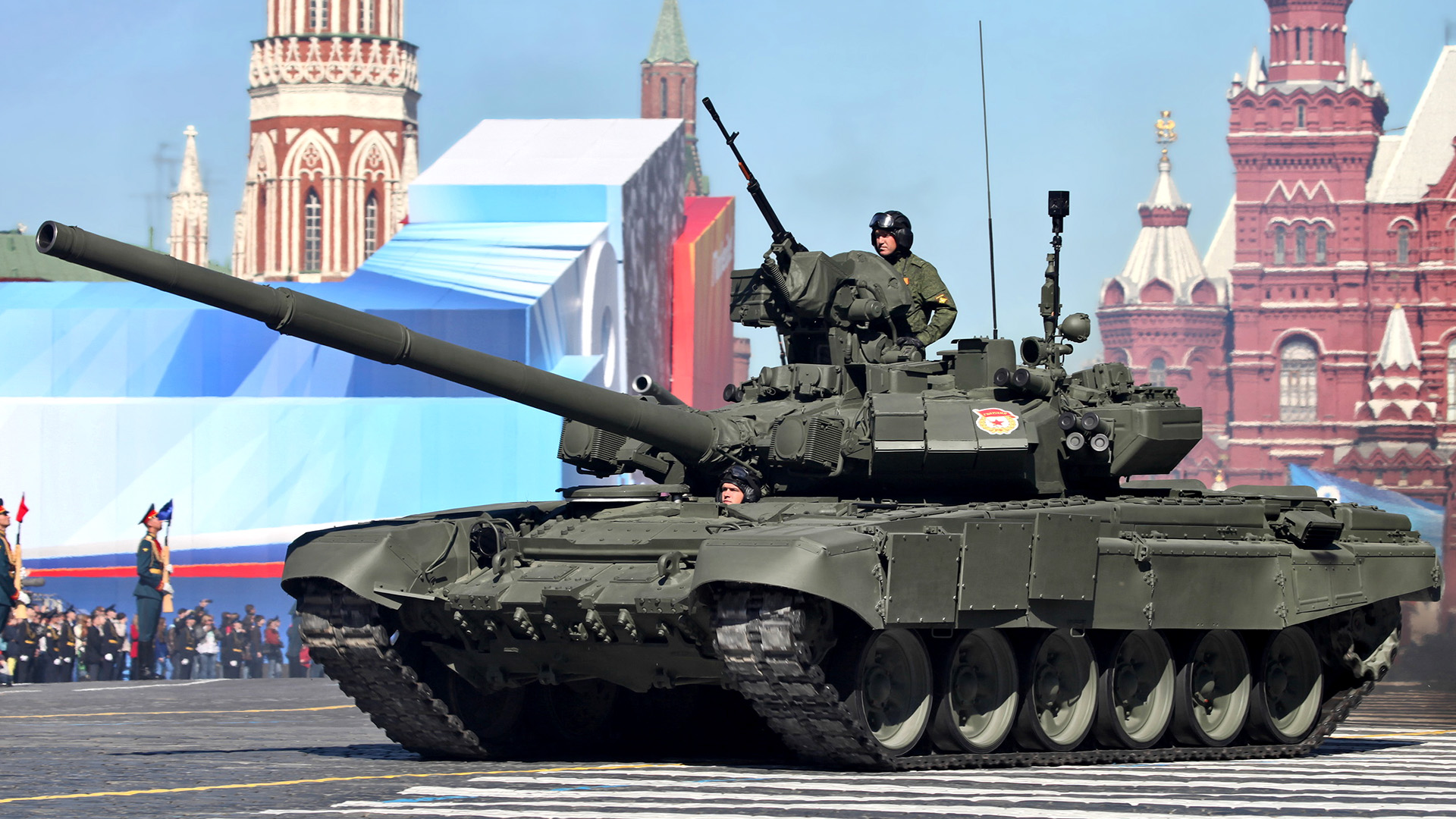Fake news hysteria:
US gov’t & media
claimed Russia would
invade Ukraine this
morning. It didn’t happen
Many media outlets spread fake news, citing anonymous US intelligence officials claiming Russia would invade Ukraine the morning of February 16. But it didn’t happen. Moscow called it “information terrorism.”
Numerous corporate media outlets published reports citing anonymous US intelligence officials claiming Russia would invade Ukraine on the morning of February 16. But it didn’t happen.
This is the latest example of blatant fake news stories about Russia being spread by major media networks and Western foreign-policy elites.
One of Britain’s most popular tabloids, The Sun, which is owned by right-wing billionaire media mogul Rupert Murdoch, reported on the morning of February 15, “US intelligence claims Russia set to invade Ukraine at 1AM tomorrow with massive missile blitz and 200,000 troops.”
Yet 1 am on February 16 passed, and nothing happened.
Outlets in India also helped the US government spread this fake news about Russia.
The supposed “intelligence” fed to the media by unnamed US spies appeared to be full of contradictions, however, because other media outlets claimed the Russian invasion would come at 3 am on February 16.
Another popular British tabloid, The Mirror, declared the day before, “Russian invasion of Ukraine set for ‘3am tomorrow’ with missiles and tank attack.”
When the invasion never came, the Mirror backtracked, reporting instead: “Russia-Ukraine invasion: No attack overnight as Putin’s ‘3am deadline’ passes.”
It wasn’t just disreputable tabloids that spread this fake news.
Politico published an article titled “Putin could attack Ukraine on Feb. 16, Biden told allies.”
“Russia will start a physical assault on Ukraine as soon as Feb. 16, multiple U.S. officials confirmed to POLITICO, and Washington communicated to allies that it could be preceded by a barrage of missile strikes and cyberattacks,” the highly respected news publication reported.
Some media outlets were so embarrassed over publishing these fake news stories that they quietly took them down.
England’s Coventry Telegraph published a report on February 15 titled “Russia will order invasion of Ukraine at 3am tomorrow, sources say.” It added, “There will be an attack on multiple fronts.”
Wales Online published the same fake story.
But this supposed Russian invasion never came, so they scrubbed the stories and pretended that nothing happened.
Similarly, ABC News reported on February 15, “White House warns invasion could start ‘at any time’.”
When the invasion never came, ABC changed the title instead to “‘No meaningful pullback’ of Russian forces, Blinken says.”
The BBC also joined in the propaganda drive.
On February 11, the British state media outlet reported, “Ukraine tensions: Russia invasion could begin any day, US warns.”
“Russia could invade Ukraine ‘at any time’ and American citizens should leave immediately, the US has warned,” the BBC said.
The lack of journalistic standards for these fake stories exemplifies how Western corporate media outlets merely regurgitate the claims of the US government, without any request for evidence.
When these outlandish accusations fall apart, instead of scrutinizing the US government, those media outlets move the goal post. They suddenly change the narrative, helping anonymous US government officials to demonize Russia and portray it as the aggressor.
These fake news stories are part of a psychological war that the United States and NATO are waging on Moscow.
Russian Foreign Minister Sergey Lavrov denounced this Western disinformation campaign as “information terrorism.”











Geen opmerkingen:
Een reactie posten